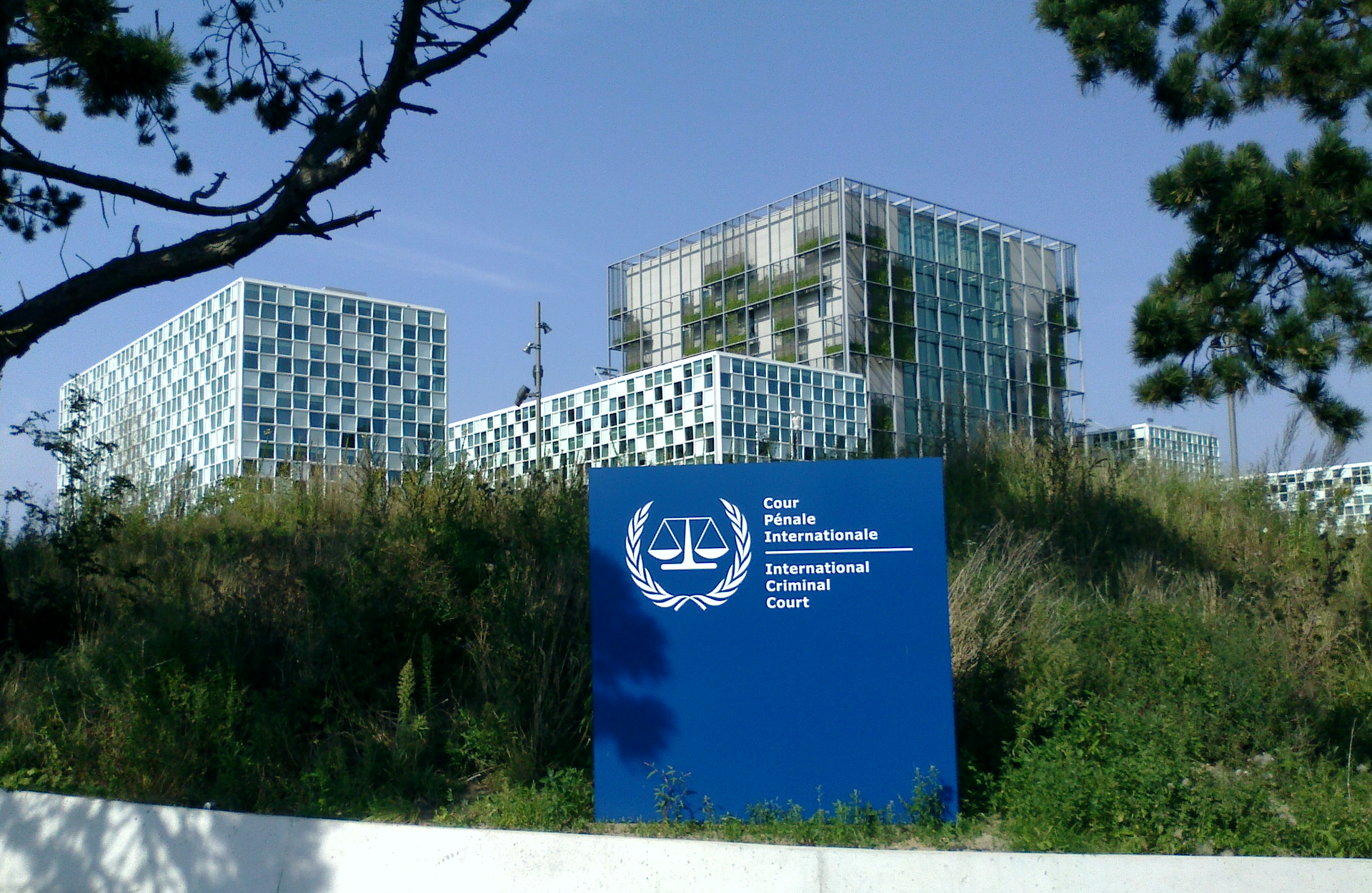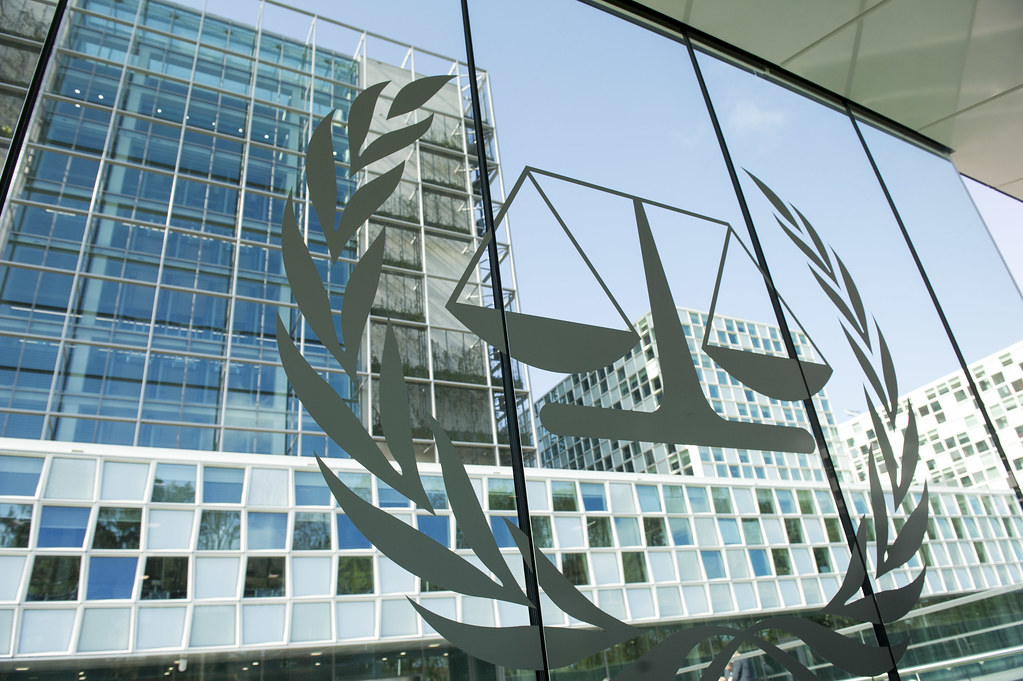On August 20, the United States sanctioned four officials of the International Criminal Court (ICC). Two judges. Two prosecutors. Their crime? Doing their jobs.
The State Department froze their assets under Executive Order 14203—Trump’s order reactivated earlier this year—arguing they engaged in “malign efforts” to prosecute Americans and Israelis without consent. The sanctioned:
- Kimberly Prost, Judge, Trial Division
- Nicolas Yann Guillou, Judge, Trial Division
- Nazhat Shameem Khan, Deputy Prosecutor
- Mame Mandiaye Niang, Deputy Prosecutor
Prost is punished for green-lighting the ICC’s investigation into alleged U.S. war crimes in Afghanistan. Guillou is punished for authorizing arrest warrants for Israeli Prime Minister Benjamin Netanyahu and former Defense Minister Yoav Gallant. Khan and Niang are punished for upholding those warrants in their roles as deputy prosecutors, ensuring the case against Israeli leaders moved forward. The sanctions are not abstract—they are a direct response to the Court daring to pursue accountability for the most powerful.
The sanctions block property, freeze accounts, and forbid U.S. persons from providing funds or services to the judges and prosecutors. In practice: blacklisting, financial suffocation, travel bans, reputational assault.
Flagrant Attack on Justice
The ICC called it a “flagrant attack on judicial independence”, warning that Washington is setting fire to the fragile scaffolding of accountability built since Nuremberg. The UN backed the Court, saying sanctions “jeopardize the ability of the prosecutor to pursue justice for atrocity crimes.”
The International Bar Association went further:
“Sanctioning eminent lawyers and judges for doing their jobs is a perversion of the rule of law,” said IBA President Almudena Arpón de Mendívil.
Meanwhile, Senator Marco Rubio—Trump’s foreign policy point man—defended the sanctions as protection against “lawfare” waged by a rogue court. Israel’s government welcomed the move. The U.S. declared the ICC a “national security threat.”

History’s Echo
This is not the first time Washington has waged war on The Hague. In 2020, Donald Trump sanctioned then-ICC prosecutor Fatou Bensouda for investigating Afghanistan. Joe Biden rolled it back in 2021. Four years later, the pattern returns, sharper and louder.
The United States never ratified the Rome Statute, the treaty that created the ICC. Neither did Israel. Both insist their nationals are beyond the Court’s reach, even when allegations involve war crimes, torture, or deliberate targeting of civilians. It is the oldest imperial logic: we make the rules, but we are not bound by them.
The echoes are unmistakable. When power fears judgment, it strikes the judges. From Stalin’s show trials to regimes that jailed magistrates who spoke truth to war, history tells us the same story. Courts that threaten power are punished until they break.
The Cost of Silence
For Nazhat Shameem Khan, a Fijian human rights lawyer, and Mame Mandiaye Niang, a Senegalese jurist, the sanction is not just paperwork. It is doors closed, accounts frozen, a professional exile. For Kimberly Prost, once the UN Ombudsperson, it is a lifetime of legal service dismissed with a red stamp: blocked. For Nicolas Guillou, it is a ruling turned into liability.
This is not about legality. It is about fear. A government afraid of what the evidence might show in Gaza or Afghanistan. Afraid of what survivors might testify if given the stand. Afraid that accountability could finally breach the walls of impunity.
What’s Left
The International Criminal Court is fragile. It depends on member states to defend its independence. Already, governments from Europe to Africa are being tested: will they rally to protect the Court, or fold under U.S. pressure? Every sanction chips away at the principle that no one is above the law.
Survivors of atrocity crimes—torture victims in Afghanistan, families in Gaza who buried their children under rubble—are watching. They know exactly what this means. Justice is being sanctioned before it can even be heard.





